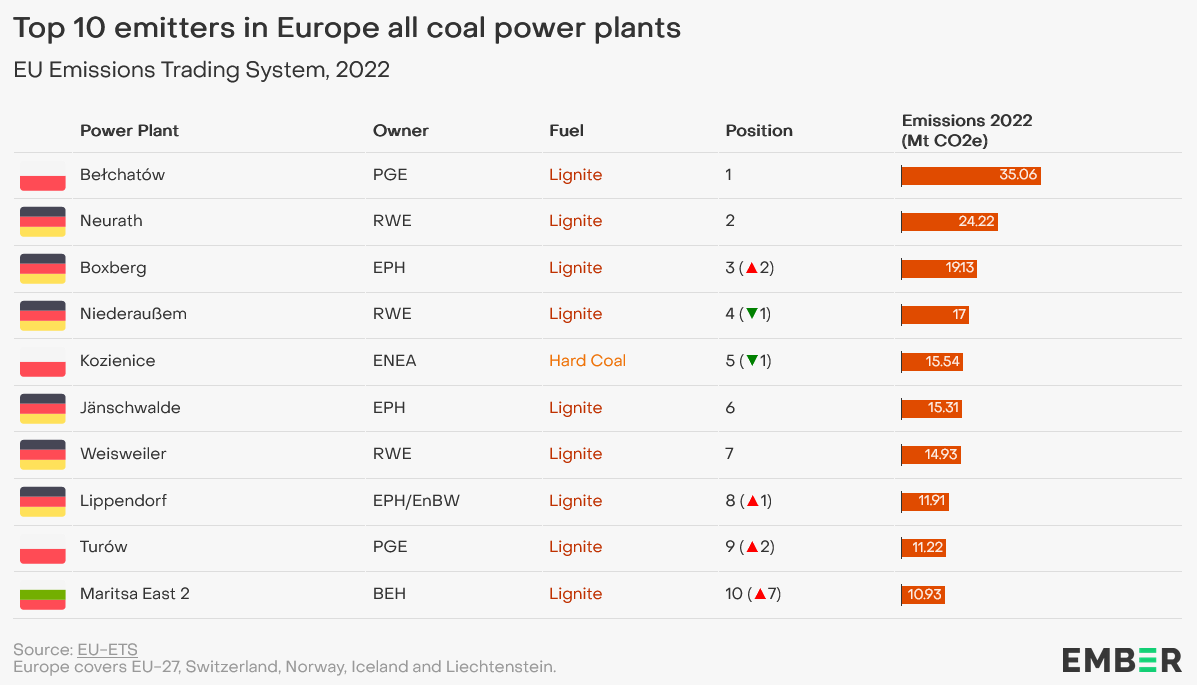Environmental legislations in the UK mandate that data centres must publicly report on their energy consumption and greenhouse gas emissions, heightening the soar in demand for wind and solar farm grid connections.
Most notable is the Financial Conduct Authority (FCA) listing rules, which mandate that a range of entities including asset owners and managers (investment portfolio managers, fund managers) must report on their climate-related risks. As of April 2022, it has been extended to also include other listed companies and the largest private businesses. The Streamlined Energy and Carbon Reporting (SECR) framework is adding further anxieties, enshrining in law that large businesses must publicly report and lay bare their energy consumption, and output of greenhouse gas emissions.
The data centre industry is particularly energy intensive, accounting for 4 per cent of global electricity consumption and 1 per cent of global greenhouse gas emissions, and the mandates are a coordinated action by the government and financial sector regulators to crack down on business’s carbon usage and accelerate the overall sustainable transformation in time to achieve the UKs 2050 net zero target.
However, as there is a limited and rapidly diminishing capacity available on the UK power grid, heightened demand for the adoption of renewable and clean energy has led to an unprecedented soar in applications for wind and solar grid connections, which have only been further intensified by the UKs fortified sustainability regulations. This is putting significant pressure on the already stretched Dependent Network Operators, leading to bottlenecks and critical delays.
The National Grid has warned that those looking to secure their connection in England and Wales must wait in line behind 600 other projects compromising of 176GW, in a backlog extending more than a decade into the future – all fighting for 64GW of connected capacity. Data centres wanting to connect to the grid and tie in onsite generation will be particularly impacted, given their extensive capacity demands. This, in turn, is leaving companies to seek the few alternatives, one of which is using an Independent Network Operators (IDNO) as an alternative route to connect to the grid.
Latest News
-
Premier League and Comic Relief partnership aims to improve children’s mental health
-
Russell Hobbs launches food poverty campaign in schools
-
Tottenham Hotspur and charities launch film to tackle mental health stigma
-
Cardfactory funds homelessness charity’s team of psychologists
-
Bingo firm raises £300,000 for the Stroke Association
-
Sainsbury’s links up with Comic Relief for festive recipe campaign
© 2019 Perspective Publishing Privacy & Cookies







Recent Stories